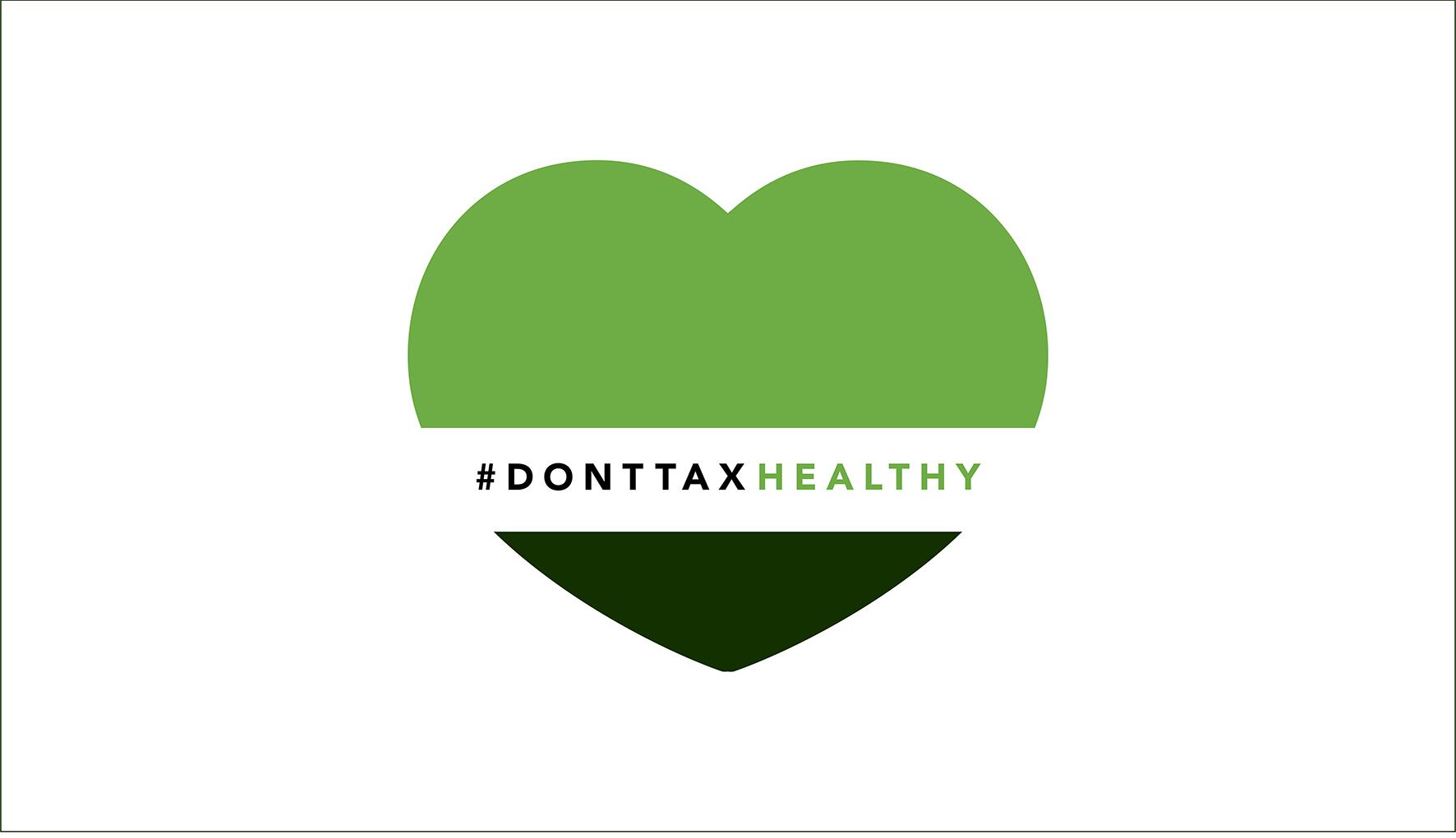The founders of OPPO, a British start up selling reduced sugar ice cream, have created a UK government petition and public campaign demanding a value added tax (VAT) reduction on products such as their own. The campaign is run in alliance with Sugarwise, a group promoting a kite mark label for all reduced sugar

products in UK.
The call is for VAT to be reduced from 20% to 5%. Currently most confectionary products like chocolate, crisps and ice cream are all charged the standard rate of VAT.
The standard rate can be dropped for social benefit. This was successfully achieved for tampons after a long protest movement forced the government to drop sanitary items' status as a luxury product and reduce the rate of VAT.
Harry Thuillier, co-founder of OPPO, said: “We know that products can go down in VAT if they have a social benefit, and with the current watered down obesity strategy we think this is an important movement.”

The petition, which has racked up over 3300 signatures so far, reads: “It's cheaper to buy food packed full of sugar than healthy food that’s not. Everyone loves to enjoy their favourite sweet treats, so consumption of sugary food isn't set to change any time soon. This is contributing to the obesity crisis in the UK where, per national statistics, 58% of women and 68% of men are overweight or obese.”
Over 50 food and drink brands have pledged support to the campaign, including Nom Popcorn, Wheyless and Tribe sports snacks.
Fatter taxes, thinner people?
The campaign claims eating healthily is too expensive in the UK and those without the means resort to poorer quality foods. Creating cheaper alternatives, it says, should be priority.
Ex British finance minister George Osborne approved plans for a sugar tax last year. Draft legislation for a two tier levy on 5g and 8g per 100ml was published, and final details are expected in the 2017 budget. The tax will be implemented in April 2018.
A recent Yougov survey found that 30% of all people in the UK perceive healthy food to be too expensive; this figure increases to 40% in the 18 – 34 age group.
Attempting to level up the price of cheap, poor quality food through a sugar tax would be neither fair nor affective, said Thuillier.
“I wouldn’t say we are against it [a sugar tax], but people will always have a sweet tooth. We thought this strategy was very watered down and didn’t have much substance to it. Rather than punishing people for buying sugary products, positive incentivisation is a no-brainer.”
However, Chris Snowden, head of lifestyle economics at the Institute of Economic Affairs, said this perception of the relation between diet and price is fundamentally incorrect.
“The reality is that a healthy diet of fruit, vegetables, starchy carbohydrates and white meat is nearly always cheaper than a diet of ready meals, confectionery and takeaways. Obesity is not caused by economic factors as such, although general affluence does allow people to eat more food in general and more high-calorie food in particular.
"Tap water is always going to be cheaper than fizzy drinks. The appeal of high calorie/processed food is not that it’s cheaper (it usually isn’t) but that it tastes better, is more convenient and requires fewer cooking skills.
"For that reason, attempts to change people’s diets by raising or lowering taxes on specific food items are almost certainly going to end in failure.”
Snowden added that ultimately the government will not agree to tax breaks as it would cost money. One of the cardinal arguments used to justify a sugar tax in the UK was the additional revenue that could be directed towards healthcare.
The 'Don’t tax healthy' campaign however, is hoping the government will see beyond this. The indirect cost of obesity to the British economy, as estimated in a recent Kantar study, is €32bn per year.
A ‘blunt instrument’?
Voices within the sugar industry, who have vehemently opposed the idea of a sugar tax as discriminatory and nonsensical, agree that altering VAT rates will be ineffective.
Katharine Teague, head of advocacy at AB Sugar, told FoodNavigator:
“We support measures that help people improve their diets and address some of the key health concerns in the UK, such as obesity. However, obesity is a complex issue and there is no silver bullet to solving the problem. The difficulty in tackling obesity either through price reductions or levies/taxes on certain food categories is it assumes consumption simply correlates with cost to the consumer, which it often doesn’t. This is indeed a blunt instrument for dealing with what is a very complex societal issue.”
AB sugar also pointed out that whilst obesity continues to rise in the UK, total sugars in the diet have fallen by 15.4% on average since 2001.
A spokesperson for the Food and Drink Federation concurred, saying it was "another example of the apparent obsession with the role of sugar in the diet to the exclusion of all other nutrients. Obesity is a complex and multi-faceted problem. We therefore believe that government’s efforts should focus on promoting a whole diet approach".
Voices outside the industry however have been more supportive. Nutritionist Dr. Carrie Ruxton, previously a member of the British Sugar Bureau, said: "There is no ‘one size fits all’ policy that will improve diets. We need many small steps […] Therefore, I do not believe we have an ‘either/or’ situation with the VAT reduction on low sugar options. We must take forward as many of these ideas as possible."
The debate over the role sugar ultimately plays in public health issues like obesity is ongoing; Thuillier said the campaign has chosen to focus solely on sugar because of evidence produced by the Scientific Advisory Committee on Nutrition's (SACN) 2015 report, which found sugar intake to be a substantial cause of diseases like obesity and diabetes.
The campaign has said it will continue until a response is given by the government.
